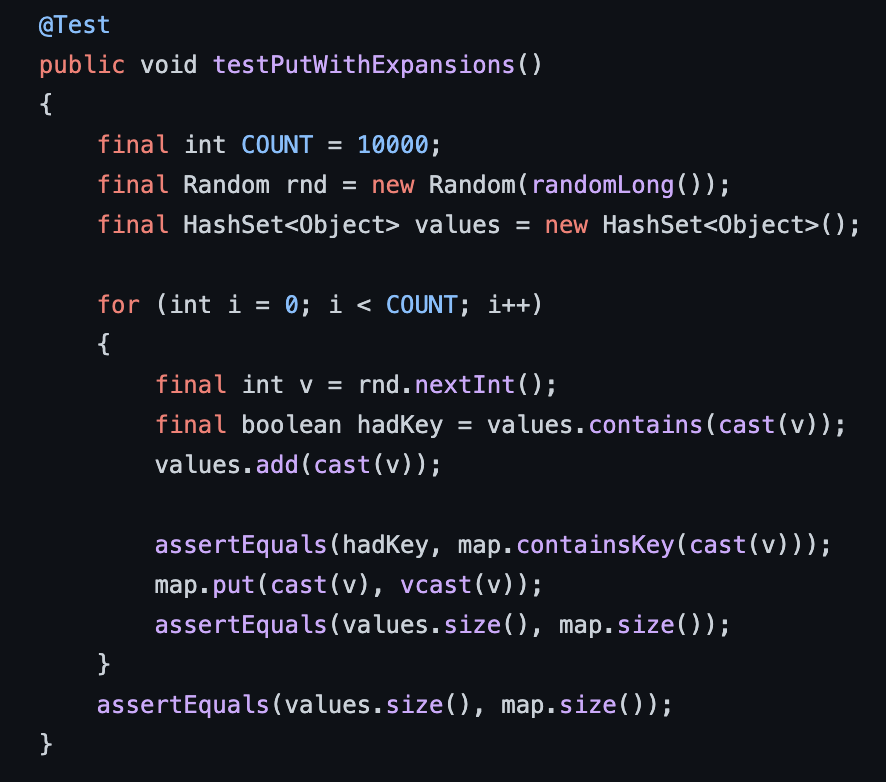HPPC: High Performance Primitive Collections
Collections of primitive types (maps, sets, stacks, lists) with open internals and an API twist (no java.util.collections.* compatibility).
See the following for more information:
- Wiki: https://github.com/carrotsearch/hppc/wiki
- Bugs (github): https://github.com/carrotsearch/hppc/issues
- Bugs (old issues only): http://issues.carrot2.org/browse/HPPC/
See ALTERNATIVES.txt if you're just shopping around.
See LICENSE.txt to make your company's lawyer happy.
See CHANGES.txt for API changes and updates.
(c) Carrot Search s.c., http://carrotsearch.com/

